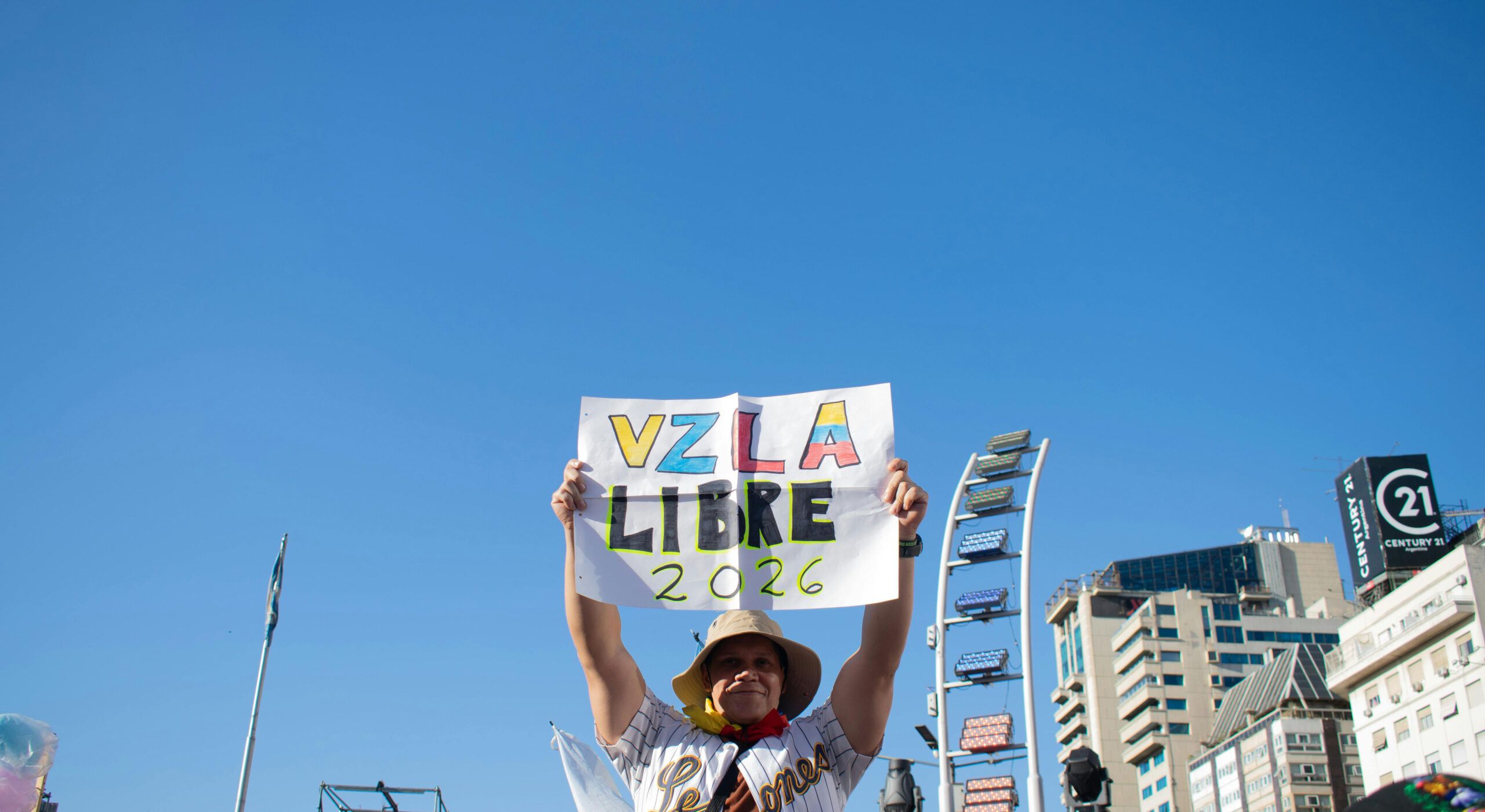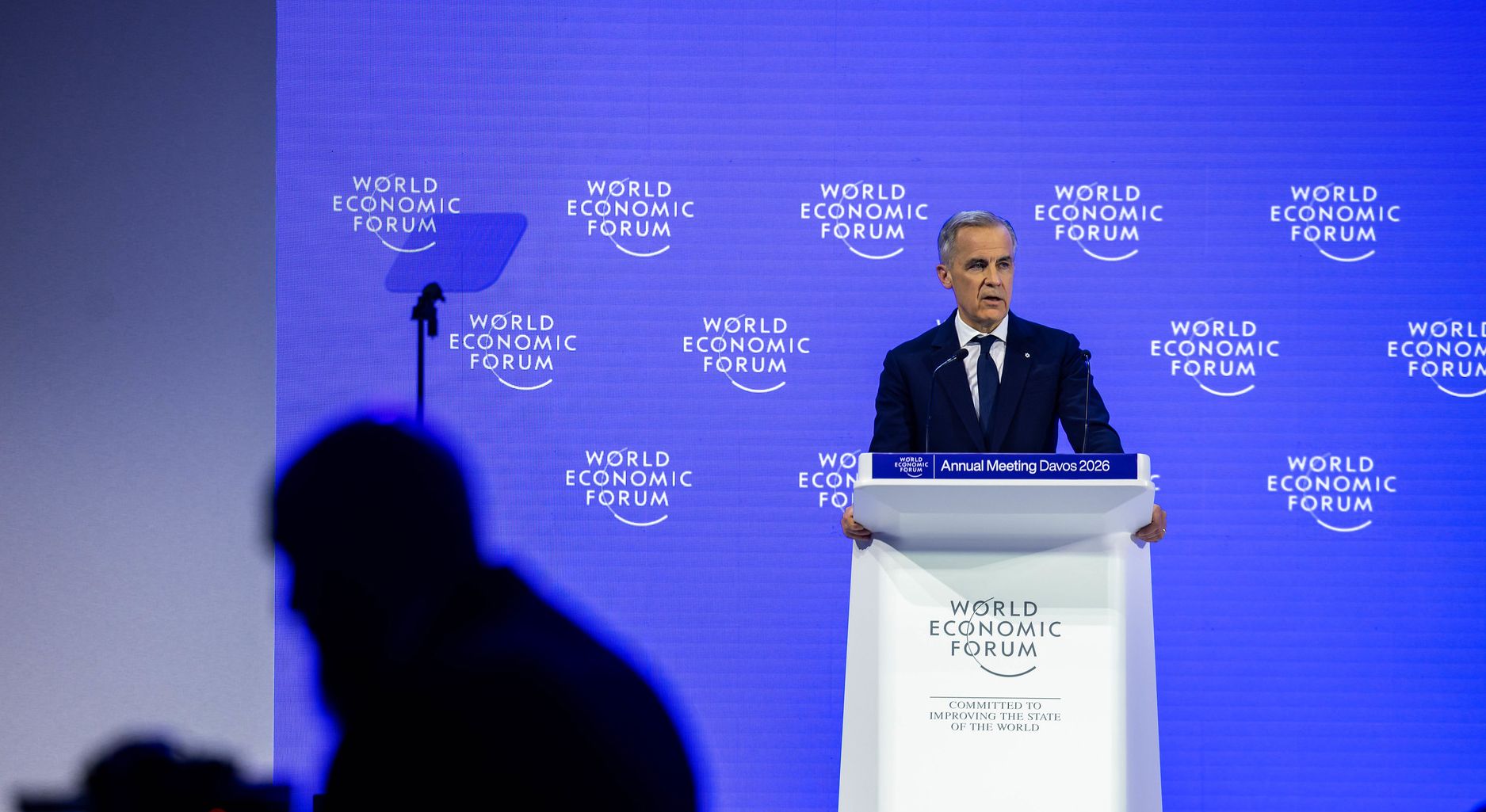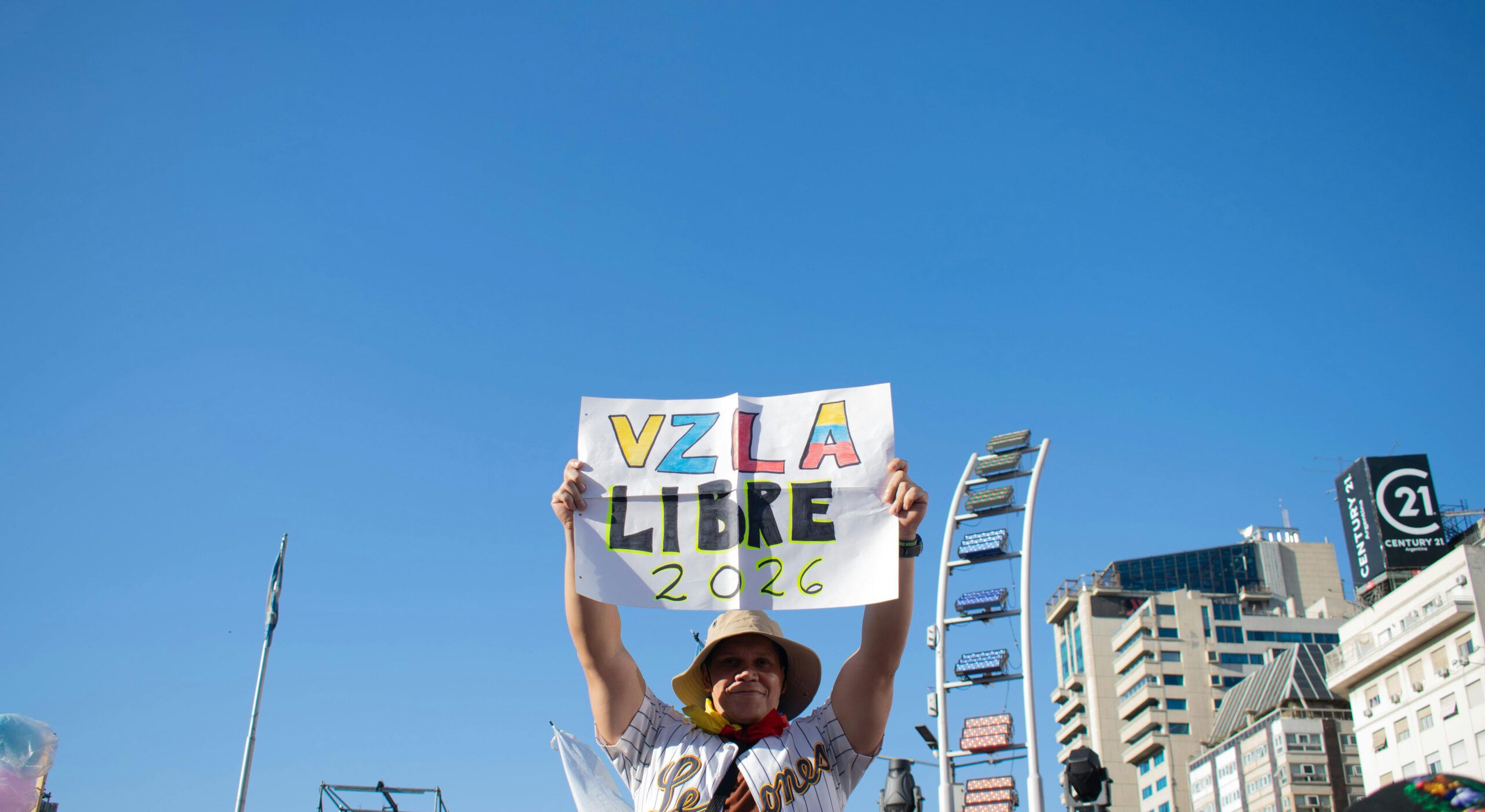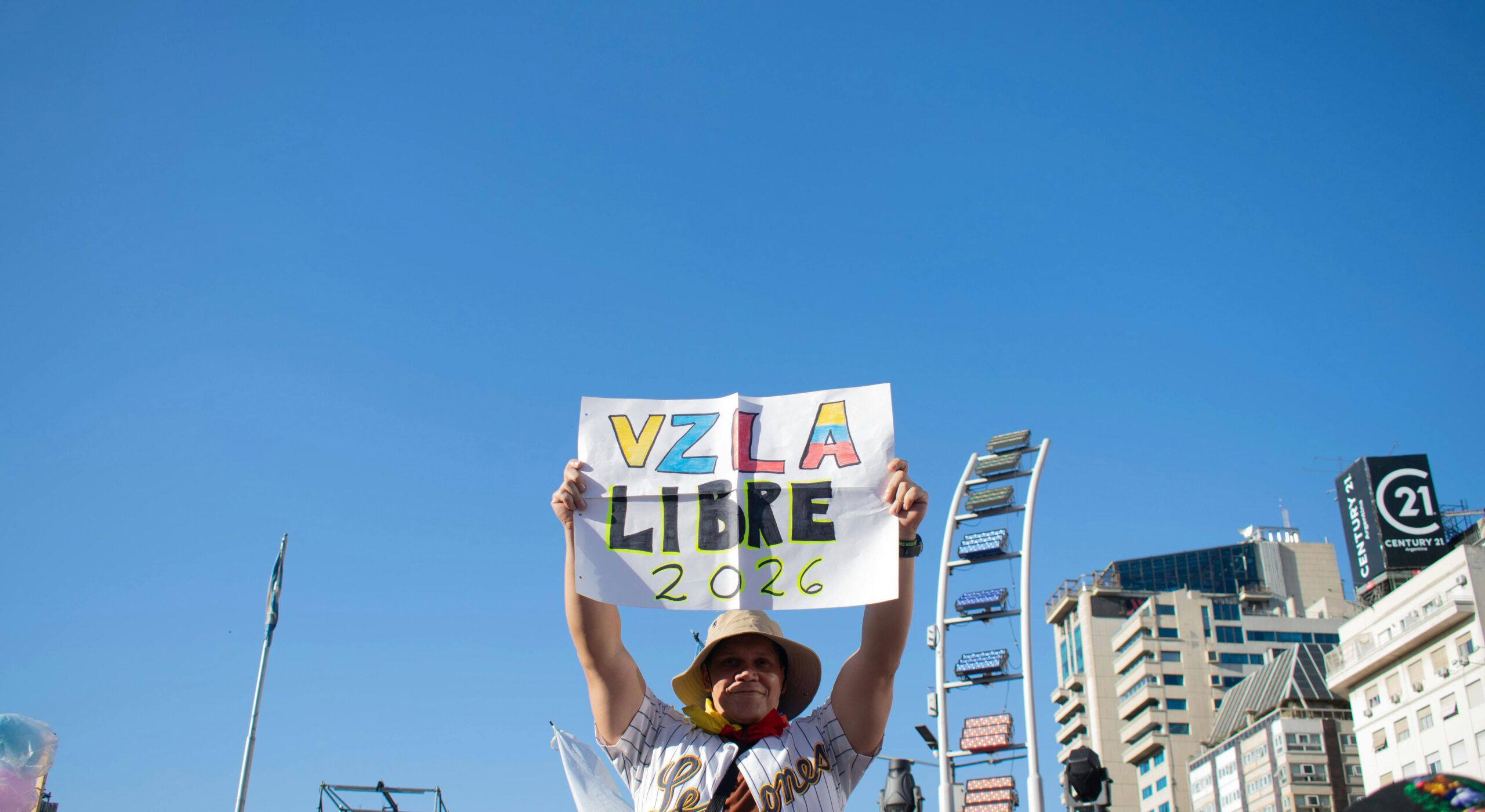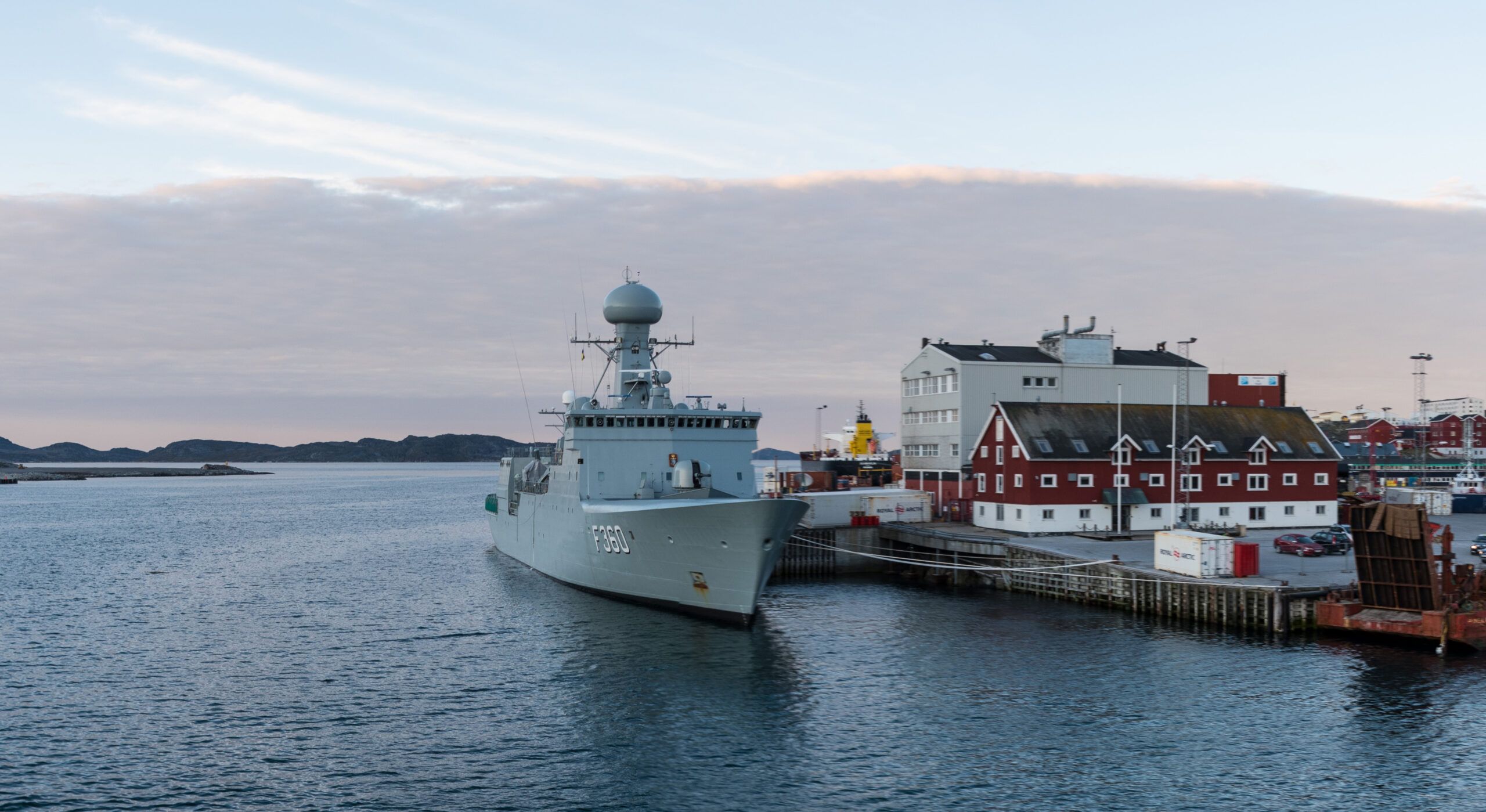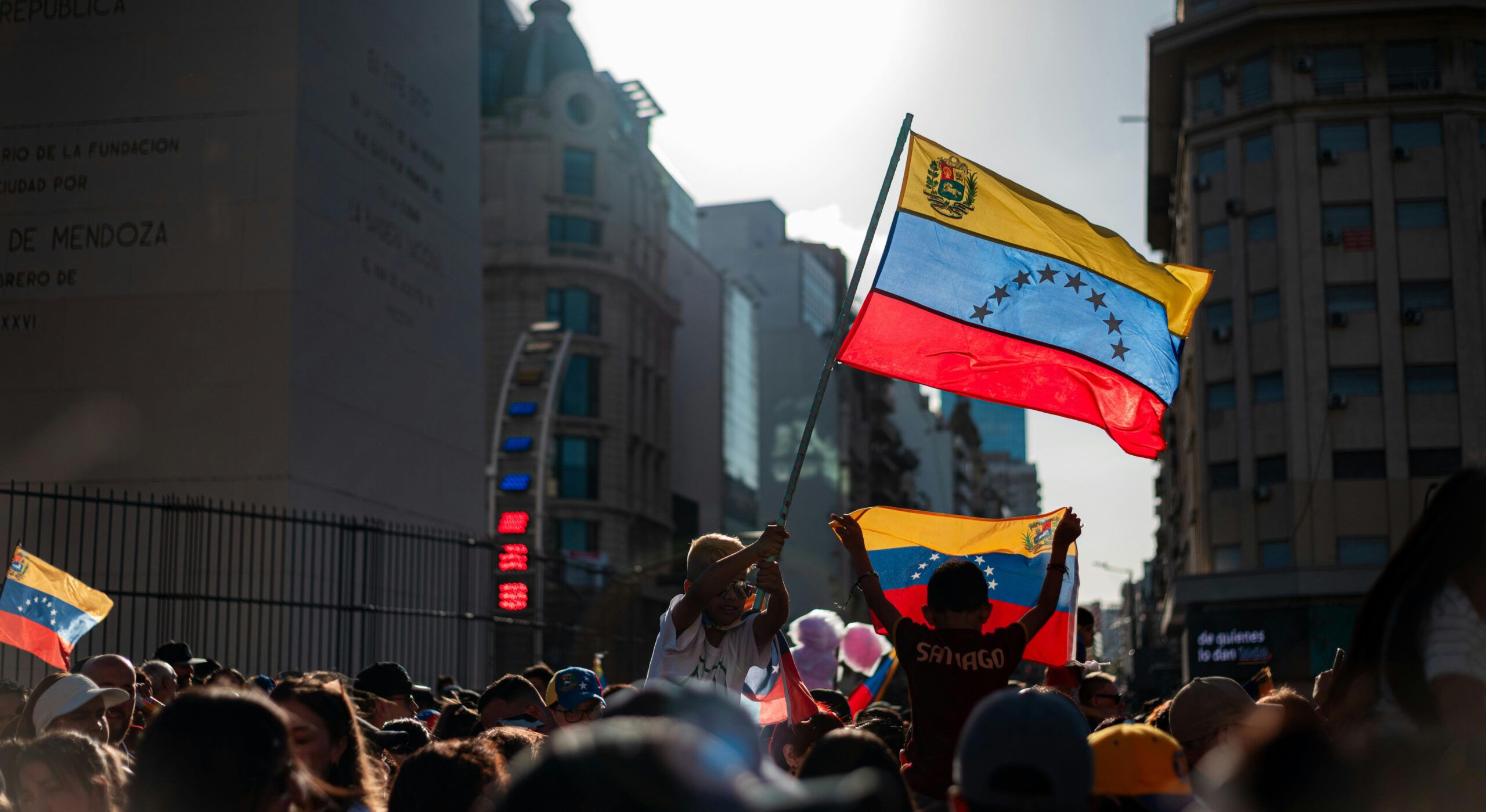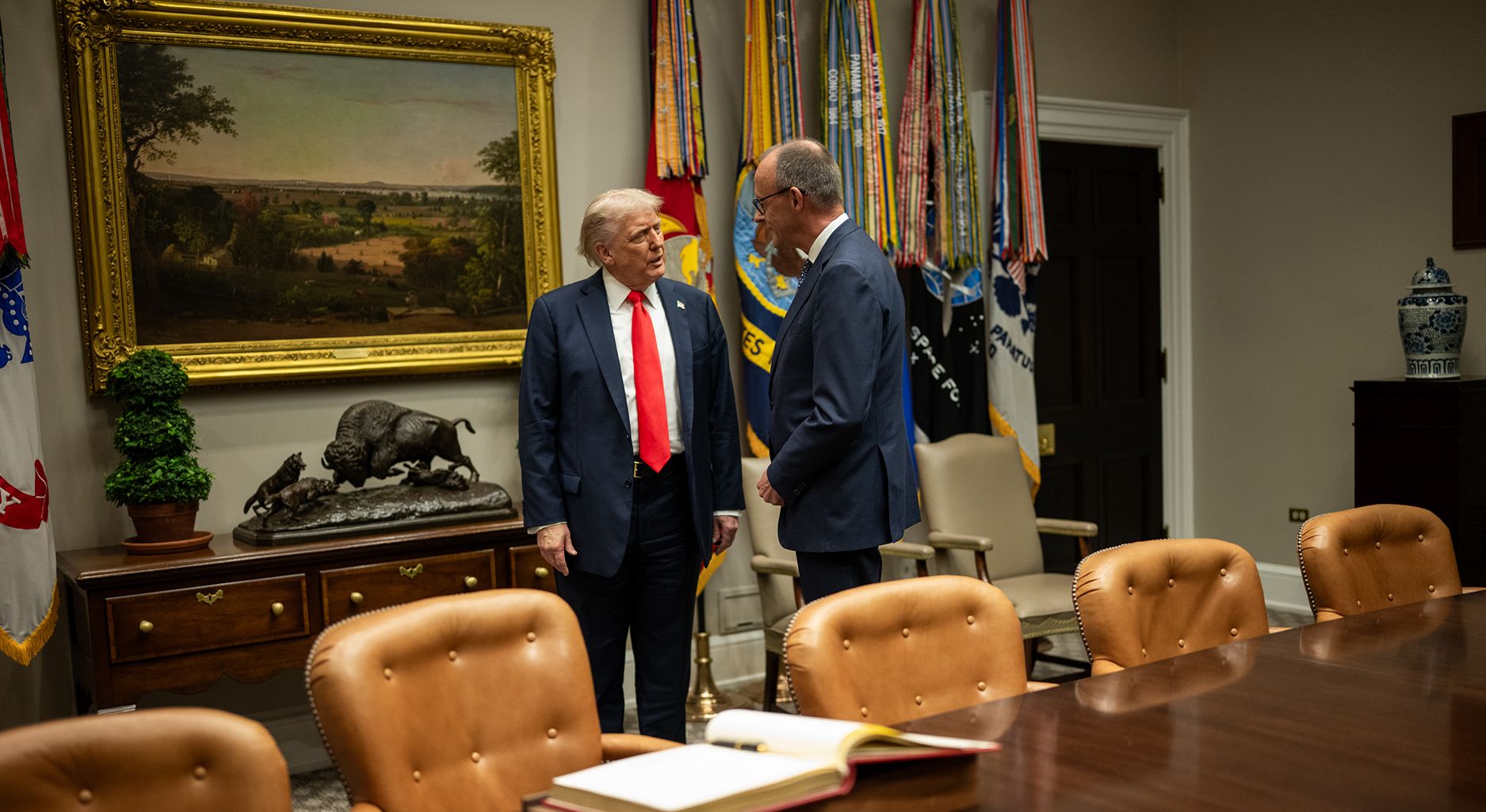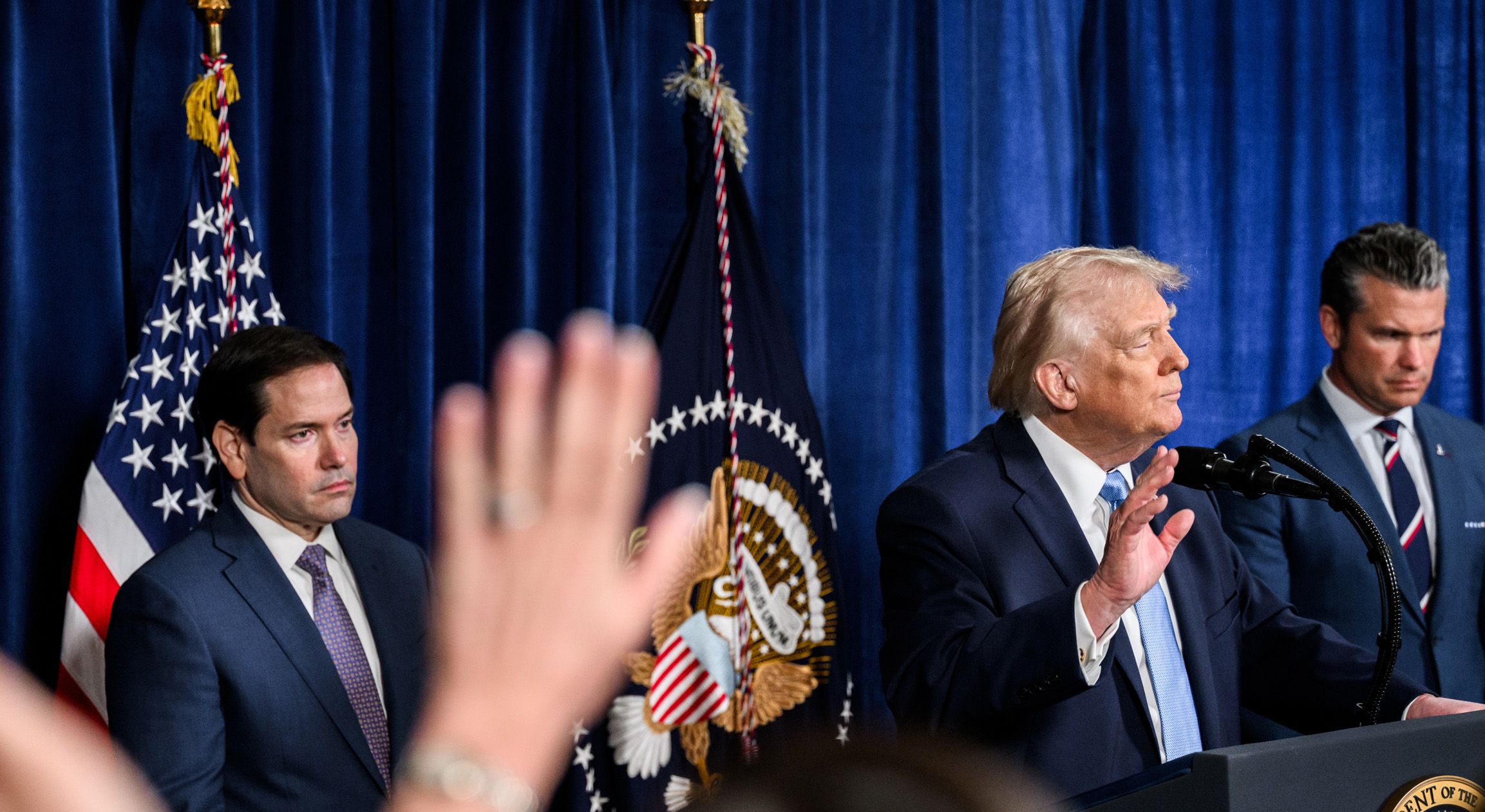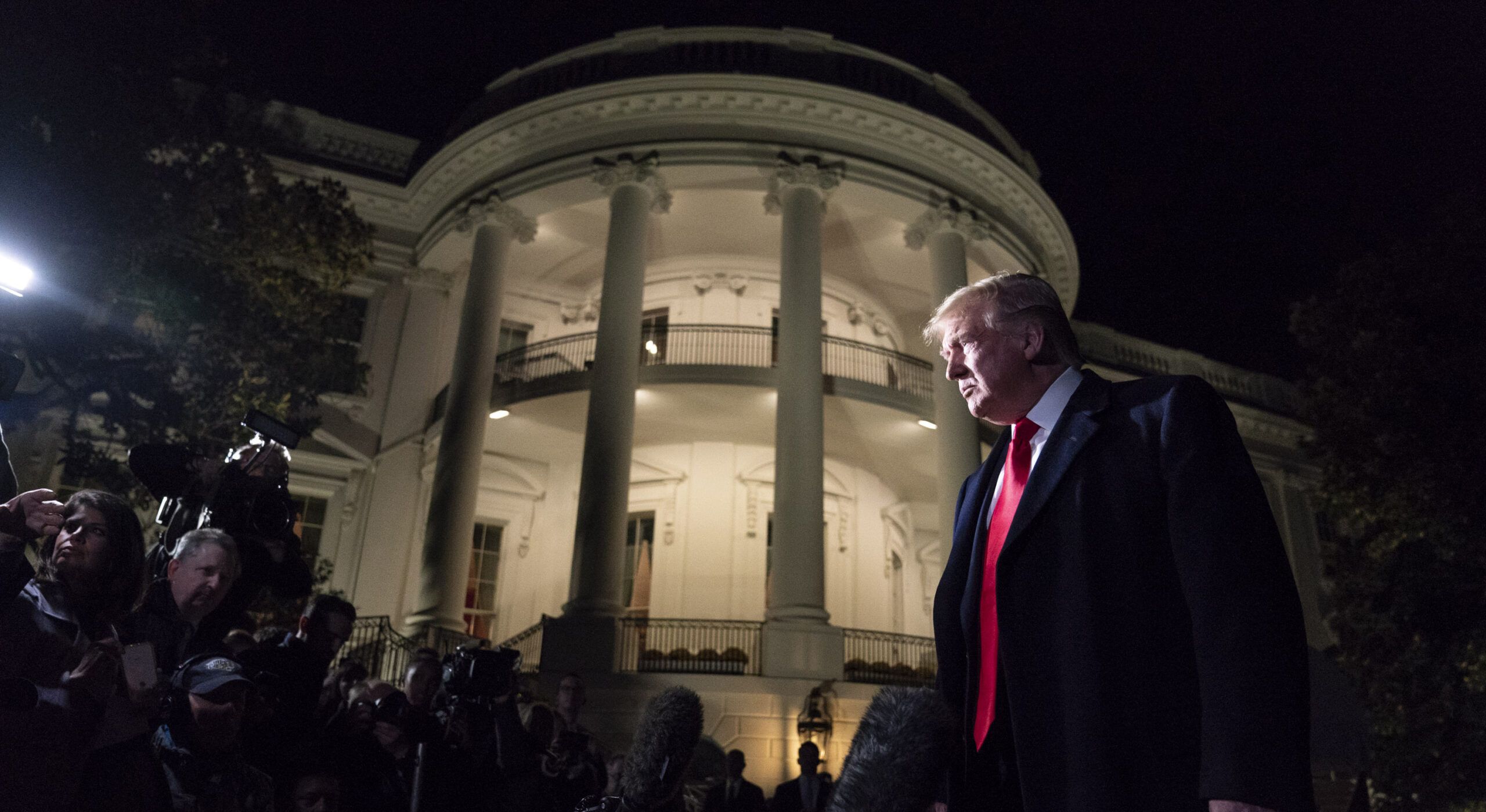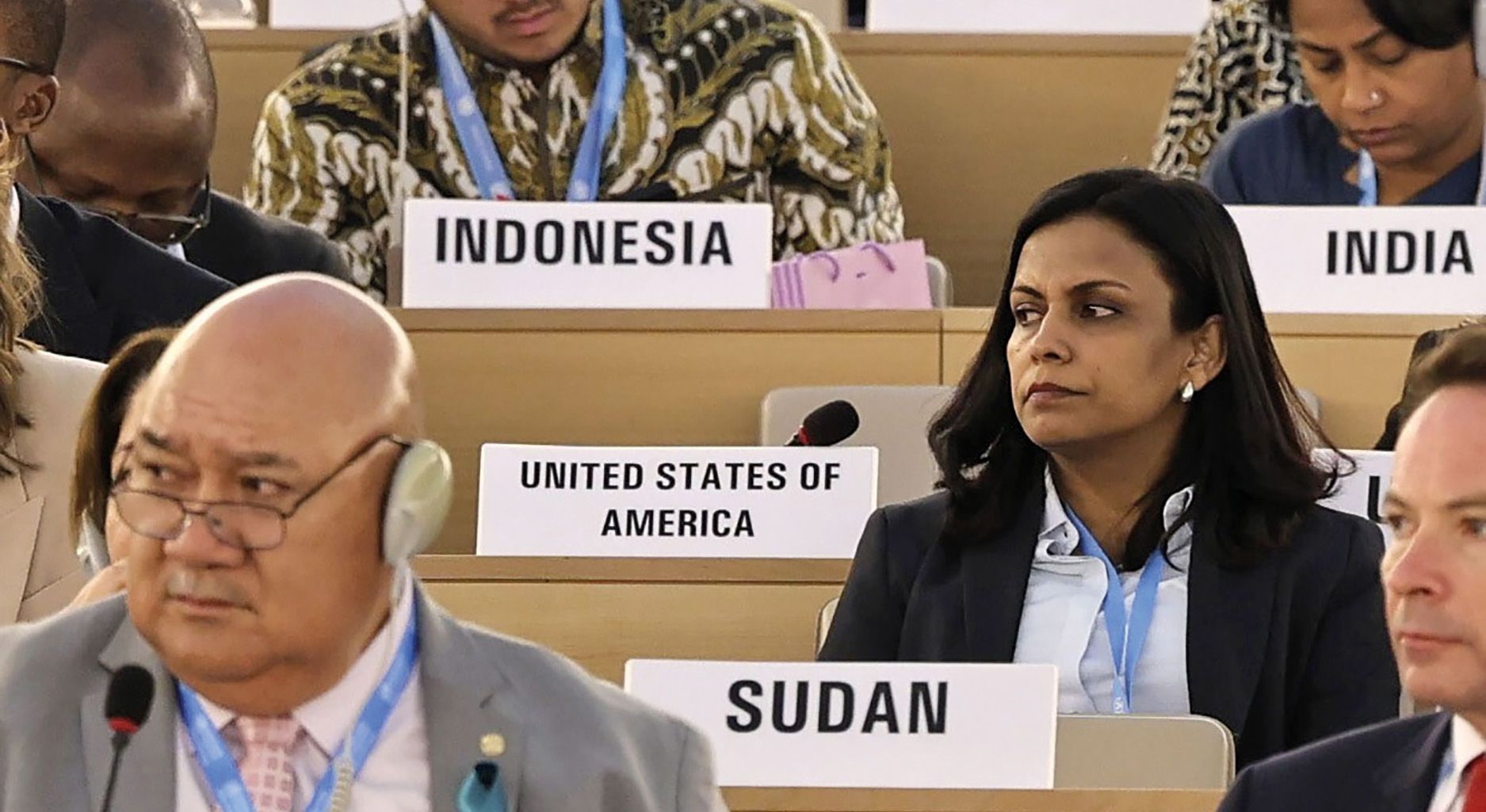Schlagwort: USA
El argumento de que un ataque militar estadounidense podría conducir a una transición democrática...
(Post-)hegemoniale Koalitionsbildung: Was uns IB- und Verhandlungstheorien über die Zukunft europäischer Sicherheit verraten können
Der russische Angriffskrieg auf die Ukraine und der beschleunigte Fokus der USA auf die eigene...
Between Window Dressing and Political Perspective: Regime Change in the Controversy over the US Intervention in Venezuela
The argument that the US military strike could lead to a democratic transition in Venezuela does...
Zwischen Feigenblatt und politischer Perspektive: Regime Change in der Kontroverse um die US-Intervention in Venezuela
Das Argument, dass der US-Militärschlag zu einer demokratischen Transition in Venezuela führen...
Wider Trumps Neo-Imperialem Griff nach Grönland: Europas Verantwortung und Chance
Eines der Dauerthemen im ersten Jahr von Donald Trumps zweiter Präsidentschaft war sein erklärtes...
Democracy Can’t Be Imported
Intervention can force change at the top, but it cannot deliver democracy. In Venezuela, the...
Schweigen ist keine Option: Der US-amerikanische Militärschlag gegen Venezuela und die Haltung der deutschen Bundesregierung
Der US-amerikanische Militärschlag gegen Venezuela und die Entführung des amtierenden...
Imperialistische Gewalt im „Hinterhof“: Hintergründe und Implikationen der US-Militärintervention in Venezuela
Das weltpolitische Jahr 2026 begann am 3. Januar 2026 mit einem klaren Bruch des Völkerrechts. In...
The New US National Security Strategy: A Blog Analysis and Commentaries
On December 4th the White House published its 2025 National Security Strategy (NSS). The document...
Der Globale Pandemievertrag – Kann eine regelbasierte Ordnung auch ohne die USA gelingen?
Im Mai 2025 haben die 194 Mitgliedsstaaten der Weltgesundheitsorganisation (WHO) einen globalen...
